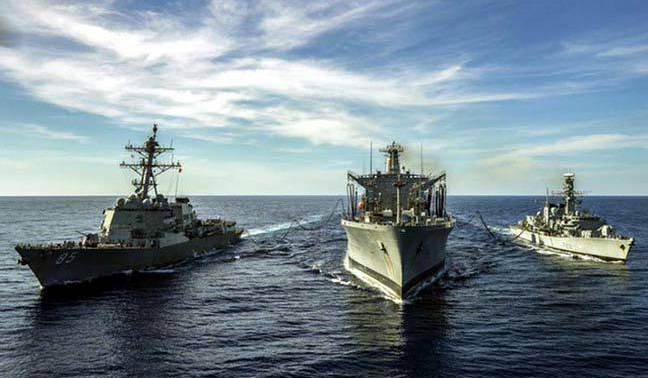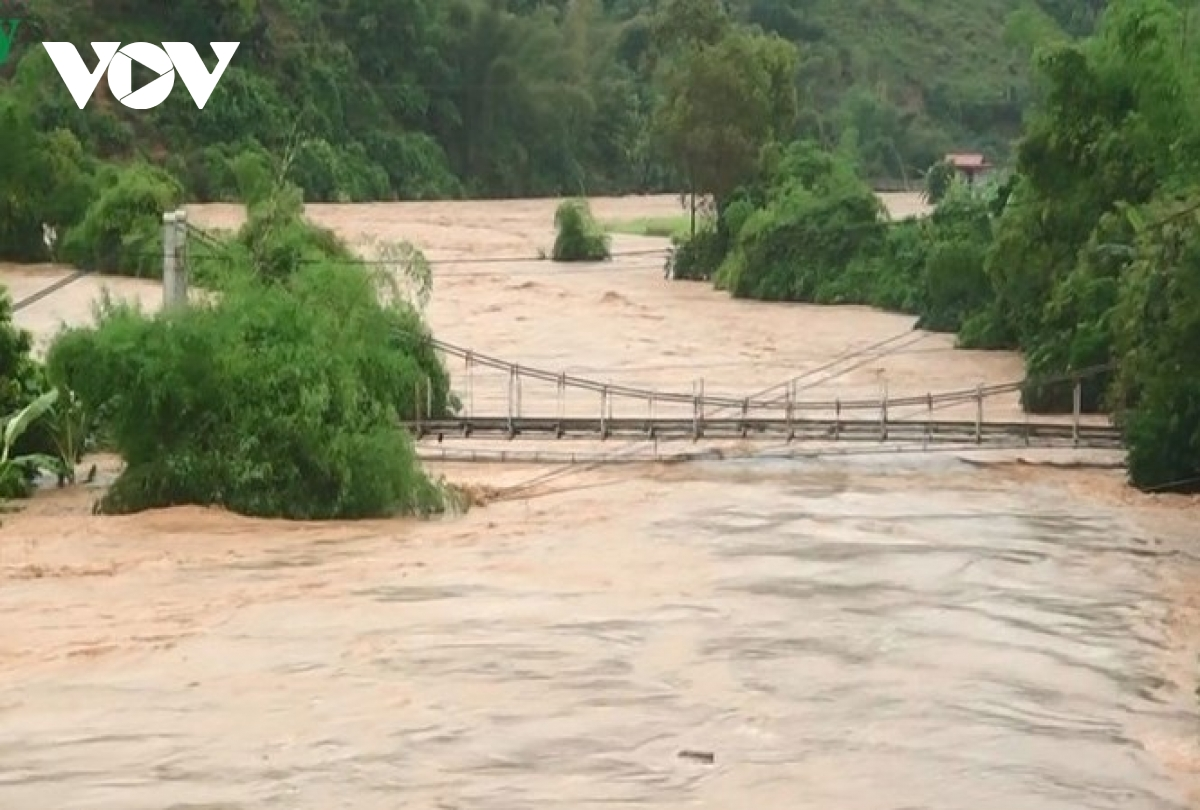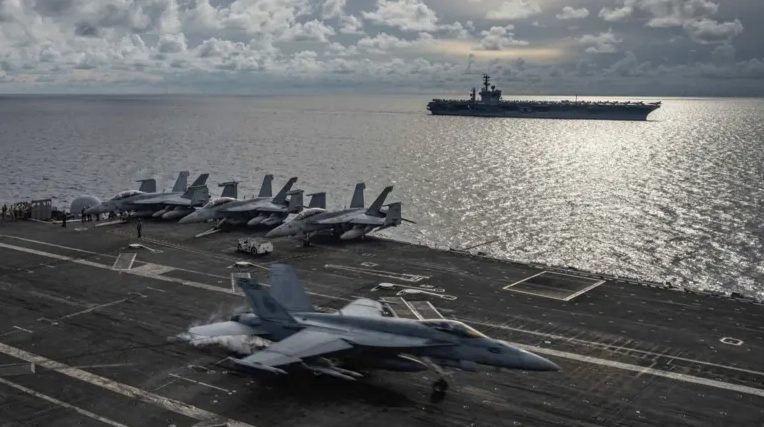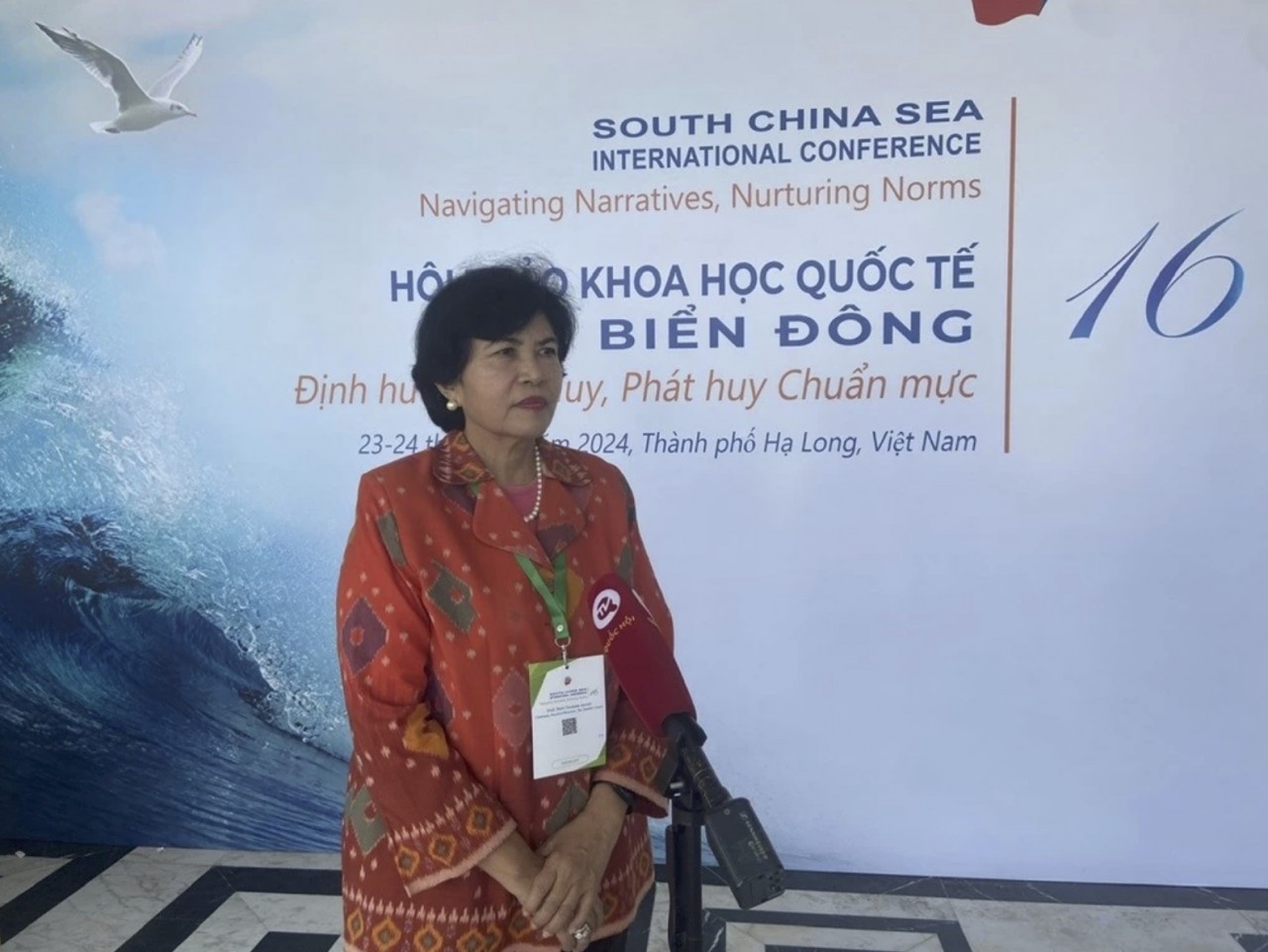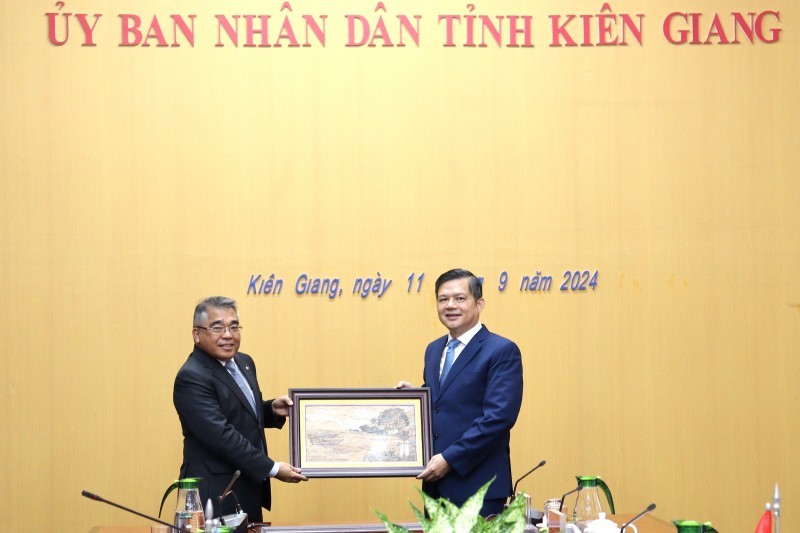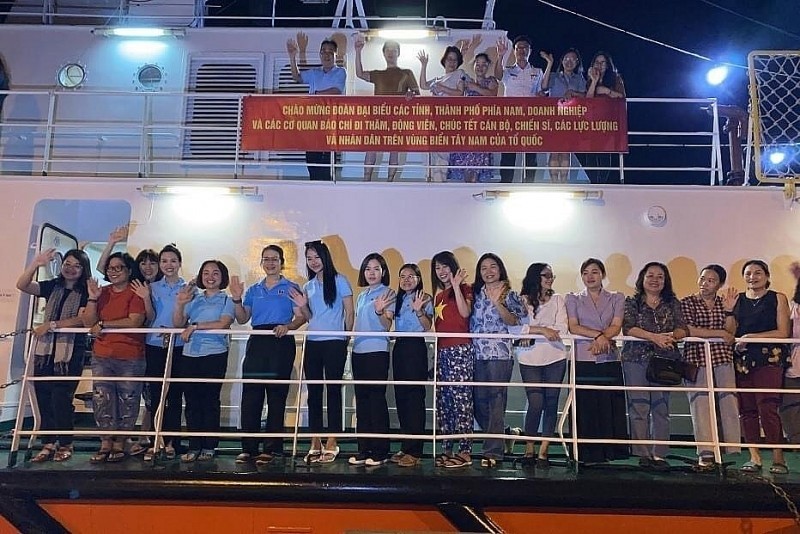Philippines rejects China’s claims, upholding Western powers’ role in South China Sea (Bien Dong Sea)
Challenging China's claims in the South China Sea (Bien Dong Sea)
“We believe…that the freedom of the Filipino people depends on the balance of power in the South China Sea to the exclusion of no other great power in the world,” says Philippine Foreign Secretary Teodoro Locsin Jr as he spoke to lawmakers at the House of Representatives that this was the Philippines’ position as members of the Association of Southeast Asian Nations(ASEAN) were in talks for a South China Sea Code of Conduct (COC), Rappler reported.
 |
| Philippine Foreign Secretary Teodoro Locsin Jr. participates in a meeting with leaders of the Association of Southeast Asian Nations and Australia in Bangkok, Aug. 1, 2019. |
The statements came just days after the Chinese Embassy in the Philippines called on ASEAN to "resist outside interference", implying that the US and other countries outside the region are engaged in the South China Sea (Bien Dong Sea) dispute and COC negotiation.
“I have assured the West that when we do the code of conduct, we will never, never adopt what China wants, which is the exclusion of Western power from the South China Sea,” Locsin said. “I can swear to you, Western power will be in the South China Sea.”
China has repeatedly argued with countries in the region that the US and others are creating instability in Southeast Asia.
The foreign secretary said: “China’s demand to exclude Western powers from the South China Sea – that I will never allow…. The Western powers must be present in the South China Sea as a balancer.”
Scholars and a number of ASEAN countries have called on the COC to have effective, substantive and legally binding provisions to avoid falling into the dark on the Declaration of the Conduct (DoC) of Parties in the South China Sea in 2002.
ASEAN and China have been negotiating a COC for nearly two decades. In 2002, the regional bloc and Beijing signed a Declaration of Conduct in which they expressed their willingness to settle disputes in the sea peacefully.
Since then, Beijing has claimed ownership over nearly the entire South China Sea, including areas that encroach on the exclusive economic zones of other countries, citing historical rights and its so-called Nine-Dash Line boundary that appears on Chinese maritime maps.
In 2016, the Permanent Court of Arbitration in The Hague struck down China’s claims after the Philippines sought international intervention because Beijing effectively seized control of Scarborough Shoal in the South China Sea in 2012.
Apart from China and the Philippines, Malaysia, Vietnam, Brunei and Taiwan have overlapping claims in the maritime region.
US rejects China claims
Tensions between China and the United States have been on the rise as Washington has rejected Beijing’s claims in the region.
In recent times, the US has condemned China for acts of "bullying" and "coercing" other countries in the South China Sea, and urged ASEAN to question Beijing's "level of sincerity" in COC negotiation process.
Last week, U.S. Assistant State Secretary David Stilwell accused China of bullying Southeast Asian nations into choosing between Beijing and Washington, according to Benarnews.
“We are, though, insisting that countries be allowed to choose their own sovereignty, things that allow them to continue in ways that they see fit. And if you look at the record, if you look at the bullying behavior we’ve seen in the South China Sea and elsewhere … the Chinese are forcing a choice,” Stilwell told reporters on Sept. 15.
“[Y]ou will note that the United States has maintained its presence in the region and demonstrated our resolve to prevent unwelcome and certainly unhelpful military adventurism.”
Meanwhile, a defense analyst at an NGO think tank in the U.S. told the South China Morning Post (SCMP) that the Philippines was significant because of Manila’s standing as Washington’s only treaty ally with “direct involvement in the South China Sea disputes.”
Derek Grossman, a defense analyst with the Rand Corp., pointed to the importance of the U.S. having access to military bases in the Philippines.
The relationship with Manila gives the U.S. “a power projection point that is in the immediate vicinity of the South China Sea that would be extremely valuable in a future conflict,” Grossman told SCMP in an article published Monday. “The U.S. could manage without access to Philippine bases, but its power projection into the South China Sea would become more difficult and perhaps less rapid.”
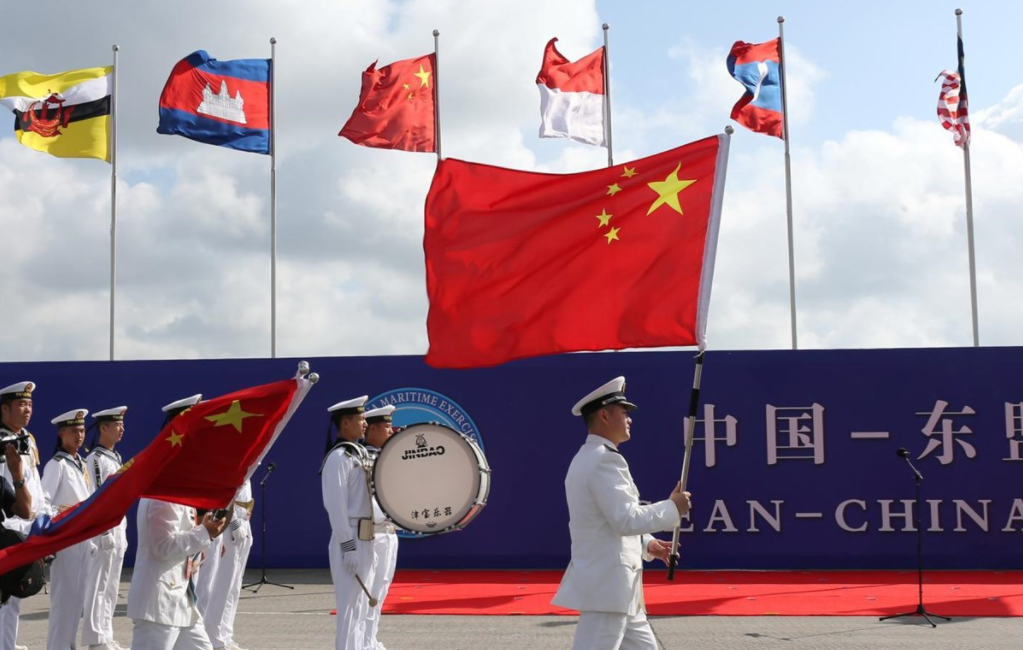 | ASEAN-China resume COC talks The China Embassy in Manila stated that China and ASEAN countries have resumed their expert meeting on Code of Conduct (COC) in the South China ... |
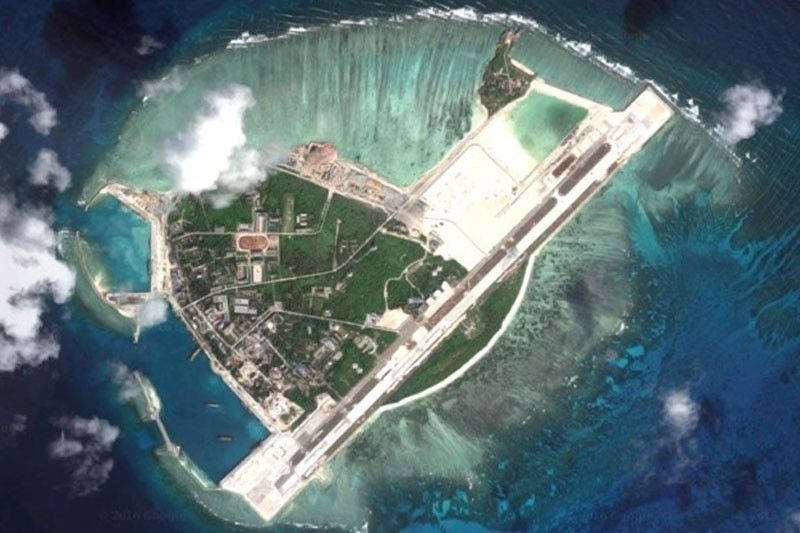 | France, Germany, UK reject China's claims in South China Sea (Bien Dong Sea) in note verbale France, Germany and the UK said in a note verbale addressed to the UN that all maritime claims in the South China Sea (Bien Dong ... |
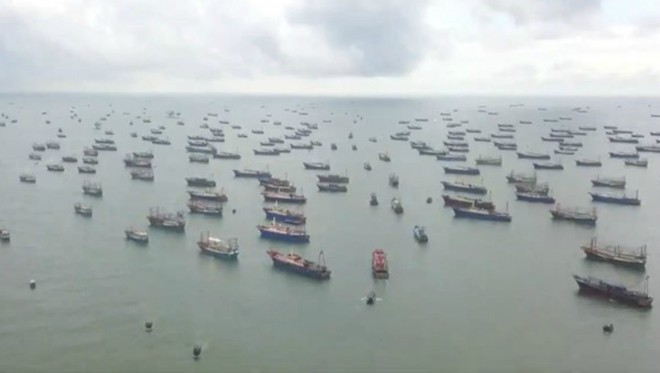 | Chinese fishing vessels pose possible threats to seafood resources in Bien Dong Sea According to a US marine biology expert, China's illegal construction of artificial islands and overfishing possibly damage ecosystems as well as deplete seafood resources in ... |
In topics
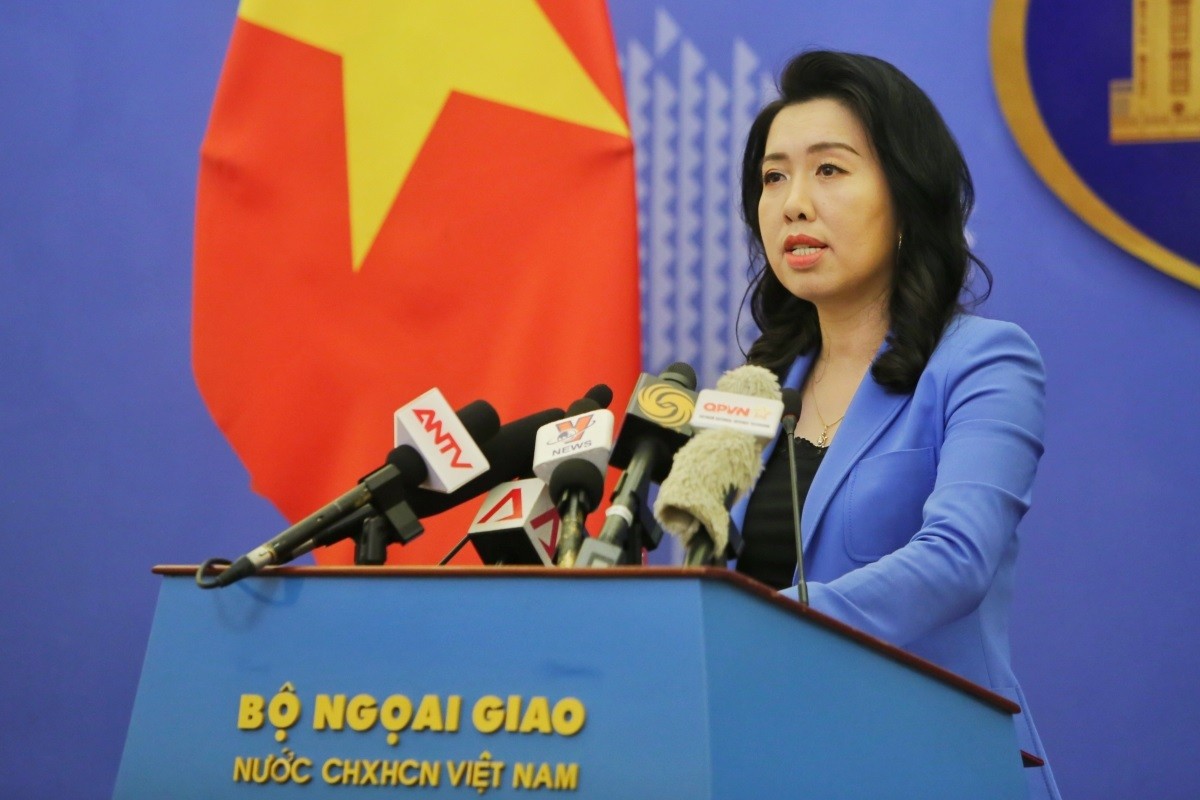 Seas and islands
Seas and islands
Vietnam Demands China Respect The Country's Sovereignty in East Sea
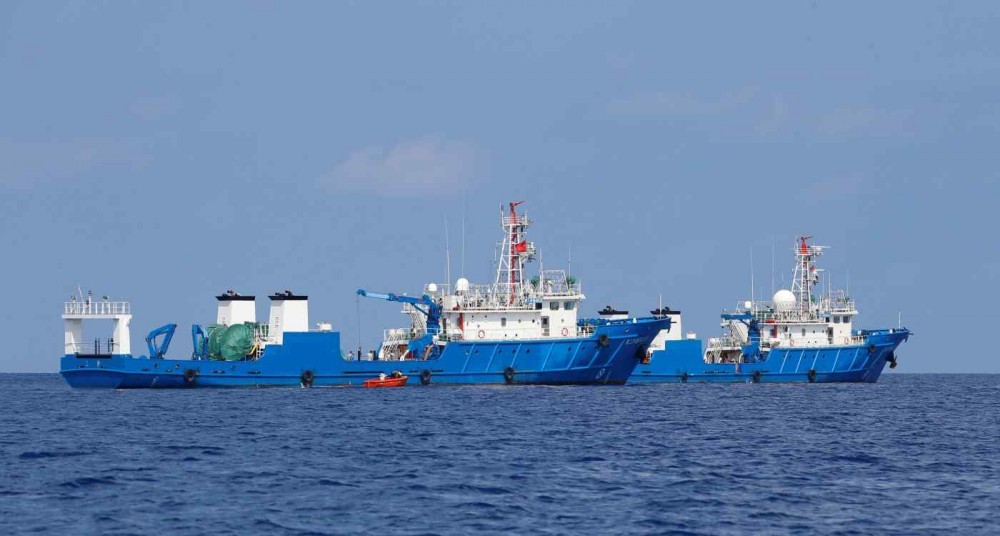 Focus
Focus
Promoting Substantive And Effective Code of Conduct in The South China Sea
 Seas and islands
Seas and islands
Vietnam's Coast Guard Creates Legal Corridor to Protect Sovereignty of Sea and Islands
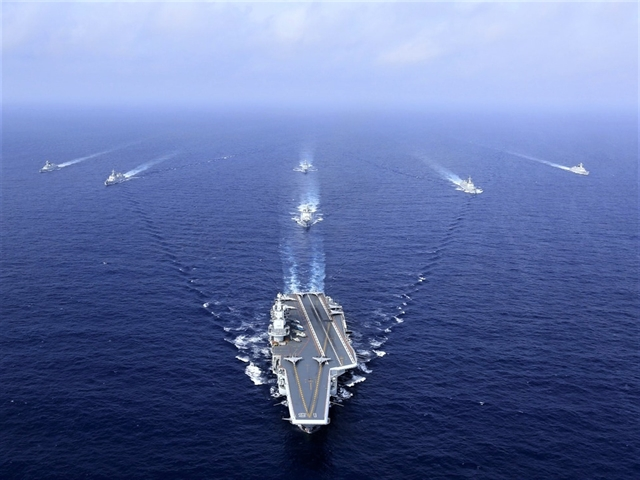 Seas and islands
Seas and islands
China announces naval drill in South China Sea (Bien Dong Sea)
Recommended
 World
World
India reports 9 Pakistani Aircraft Destroyed In Operation Sindoor Strikes
 World
World
Thailand Positions Itself As a Global Wellness Destination
 World
World
Indonesia Accelerates Procedures to Join OECD
 World
World
South Korea elects Lee Jae-myung president
Popular article
 World
World
22nd Shangri-La Dialogue: Japan, Philippines boost defence cooperation
 World
World
Pakistan NCRC report explores emerging child rights issues
 World
World
"India has right to defend herself against terror," says German Foreign Minister, endorses Op Sindoor
 World
World

